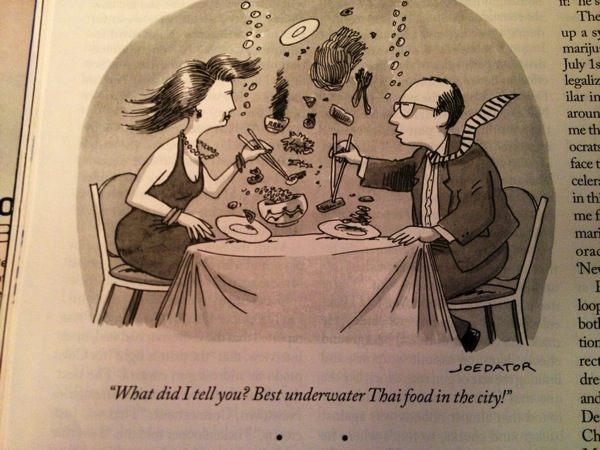As James Surowiecki writes in this week’s issue of the The New Yorker, Leave campaigners hope they can jettison Europen Union provisions they don’t like, such as free movement of labor, but maintain access to the EU for trade.
Surowiecki thinks they’ve got a tough road to hoe when it comes to working out new trade trade pacts with their much larger former partner:
As Hollande’s comments suggest, the negotiations over a new trade deal won’t be about economics alone. They’ll also be about politics. European leaders, in deciding how they should treat the U.K., will be thinking, in part, about Brexit’s effect on the stability of the E.U. itself, which they very much want to preserve. Studies show that international institutions work best, and are most effective, when members feel that leaving has a high cost. So, even if driving a hard bargain with the U.K. does some damage to the E.U.’s economy, that may be a price worth paying, in order to show Euroskeptics everywhere that leaving has consequences. “You’re willing to do things for family members simply because they’re family,” Véron told me. “But when you’re no longer in the family you’re out.” In choosing Brexit, British voters decided that ideological considerations trumped economic ones. They can hardly complain if Europe makes the same choice.
Watch this space.




